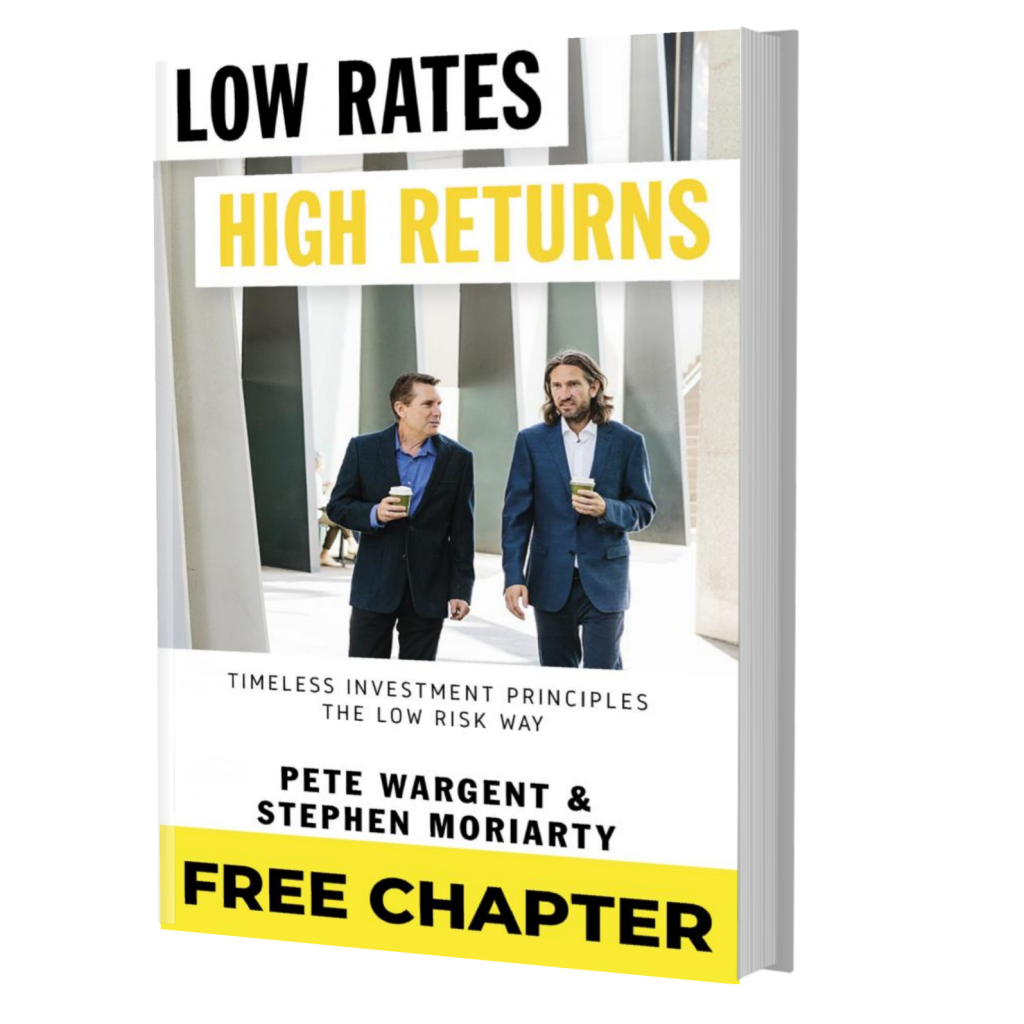Tales of the South Seas
In the South Sea mania of the early 1700s the public was encouraged to buy stock in a venture at prices far beyond what the profits of the business could ever justify, while a raft of ‘bubble companies’ sprung up around the South Sea Company to capitalise on the frenzy.
Famously these included one offering investors “an undertaking of great advantage, but nobody to know what it is”.
The anecdote may well be apocryphal, but the South Sea investor losses were alas very real, even for genius mathematical brains as smart as Sir Isaac Newton, who did his stash.

The details will differ, but we’ll see plenty of charts following this same bubble formation in the coming years, and indeed some already have done so.
“I can calculate the movement of stars, but not the madness of men” was Newton’s lament.
Cash box floats
The specifics change in each market cycle, but the patterns of human nature remain constant, and bull markets invariably lead new market entrants to overestimate their ability.
And the growth in new retail stock and options traders is now running at levels never seen before.

The Dunning-Kruger effect is strong through bull markets, but the history of market cycles shows that “everything looks rosy, until everything turns to shit” to paraphrase Bronte Capital’s John Hempton.
Alongside new market entrants, another of the indicators flagging the rampant speculation phase of market cycles past has been the rise in cash box placings, where the only asset of the new structure is cash.
Count SPAC-ula
Since 2019 there has been an explosion in Special Purpose Acquisition Companies (SPACs), being cash shells whereby investors effectively send blank cheques in the hope that the shell company can go off and find some takeover or other undertaking worthy of pursuing.
This is the modern equivalent to “an undertaking of great advantage, but nobody to know what it is”.
And in the rampant speculation phase of the cycle there’s never any shortage of punters willing to take a bet on the potential for quick gains.

A brief surf of the internet will show that there are a million cons, opportunists, and outright fraudsters offering everything from altcoins to black box trading solutions…they’re now here, there, and everywhere.
While few can ever pick the tops or the turning points, the manias will end with many of the same chart formations witnessed in all such manias.
Is it any wonder investors around the developed world are turning to the perceived safety of buying land and residential property?
This time could be different?
Are there are any justifications for valuations that haven’t yet collapsed in a heap, given they’ve never been sustained at anything remotely as high as today’s levels before?
I can think of only three.
One partial explanation is that tech giants have found ways to generate and sustain mega-profits in a manner that the capital intensive industries of past decades never could.
A second justification may be that there’s an ongoing willingness to continue devaluing currencies through endless pumping of the money supply, with interest rates held at zero for eternity, which in effect represents one gigantic bet on the long end of the curve.
The third possibility – and the one I’m leaning towards most believing – is simply that “everything looks rosy, until everything turns to shit”.
History suggests this is the most likely outcome.






